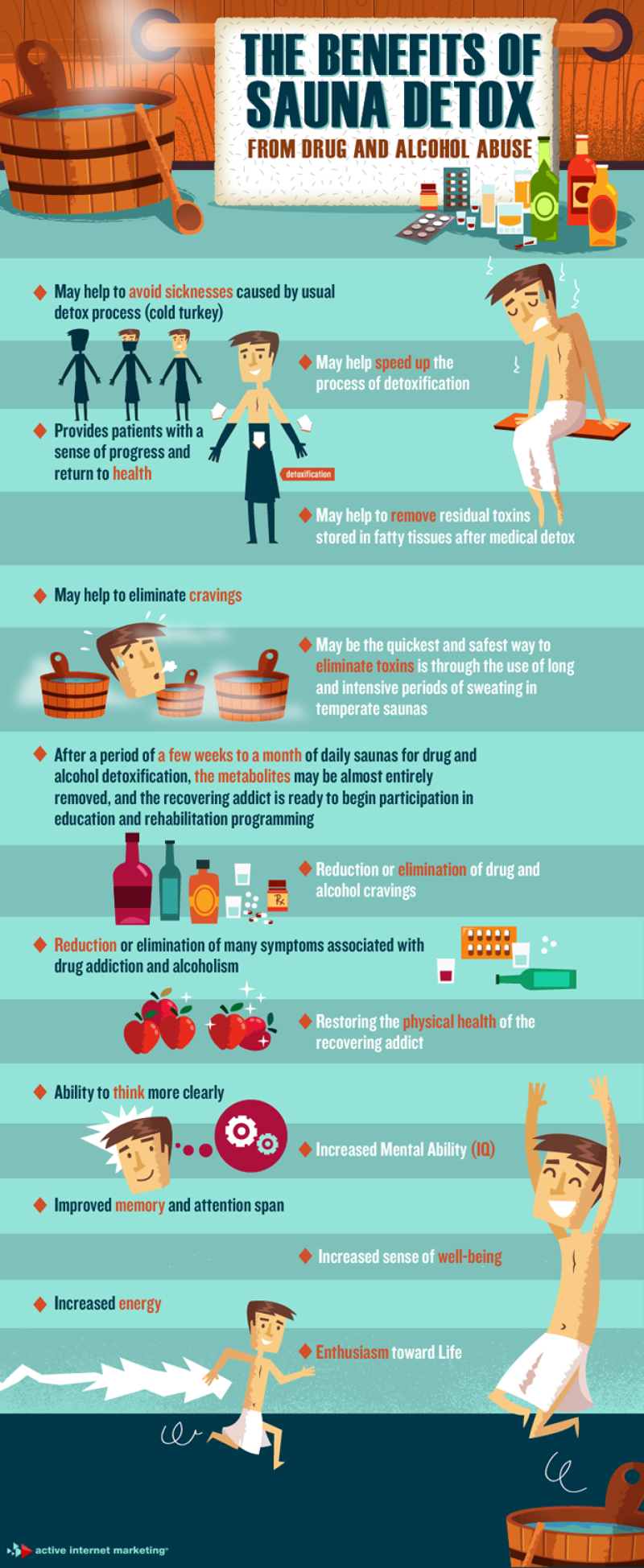Inpatient Treatment - What You Need To Know

Created by-Rouse Grossman
Whether you are fighting with an addiction or a mental health and wellness issue, you need the best treatment to recuperate. Inpatient care deals intensive therapy and also a safe, encouraging setting to help you get back on your feet.
Typically, people with severe alcohol and drug abuse troubles do best in property therapy programs. They are removed from demanding situations that activate their desire to use, as well as are focused on finding out new life skills.
Intensive Treatment
Intensive treatment is a fantastic choice for people that wish to make a significant influence in the treatment procedure. This therapy design concentrates on even more constant treatment sessions than regular outpatient treatment, which can be helpful when tackling complicated behavioral wellness concerns like addiction or post-traumatic stress disorder.
Often, individuals need more time to focus on their underlying concerns than they can enter conventional outpatient sessions. This is why intensive therapy is so reliable at helping you to get rid of psychological troubles, allowing you to totally resolve the origin of your trouble and job towards healing from them.
Relying on your demands, intensive therapy can be finished in just 30-60 days. Nonetheless, NIDA recommends a minimum of 90 days of treatment to guarantee your recuperation.
Completely Adjustable
Whether you are in the marketplace for a top-of-the-line facility or simply aiming to save some money, this is a good time to look into your alternatives. Inpatient or outpatient, you're sure to locate a program that fits your requirements and your budget plan. With a little planning as well as research study, you're sure to locate a treatment program that will certainly provide the very best possible results. From there, source web page 'll have the ability to make your way down the hall to the office of your dreams as well as beyond. From here, you'll be able to enjoy a healthy and balanced work-life equilibrium, one that you can brag about to your loved ones for several years ahead. The very best part is you'll likely never need to return. You may also have the opportunity to redeem your life as well as redeem your sanity.
24-Hour Treatment
If a client requires help around the clock, 24-hour care is a great choice. This type of care supplies a caretaker whatsoever times, with a fresh one coming in every 8 or 12 hours to help your liked one.
This is a fantastic option if your senior loved one is prone to wandering or has constant medical demands. This kind of treatment also keeps your enjoyed one safer because the caregiver is always there.
Inpatient Therapy is a degree of treatment that needs people to remain in a domestic therapy facility for an amount of time, typically thirty days or even more. Click Link 's developed to deal with substance use problems and co-occurring psychological health problems.
Support Groups
If you are battling with mental disorder, a clinical problem, or an addiction, there are support system for you. These teams can help you find a sense of connection and assistance, along with motivate you to keep working toward your healing.
The objective of support groups is to provide people a location where they can speak openly regarding their issues as well as share guidance. This can be particularly handy if you have no one else to talk to regarding your problems.
Often, they are made to match a therapy program or therapy. They can include 12-step groups, mutual support system for friends or household of individuals who have overcome their addictions, and also on-line support groups.
Medical Surveillance
Clinical monitoring is the process of determining as well as recording patient-related criteria. It is a crucial tool for assessing the development of ailment.
For instance, a clinical display will certainly measure a specification such as oxygen saturation and also record it in a table or chart. These worths show the patient's standing at the time of monitoring.
Medical surveillance programs are largely designed to boost the safety and security of hospitalized clients. Nonetheless, some scientists believe that clinical tracking may additionally have an influence on hospitalization rates by assisting medical professionals recognize early symptoms of damage, such as hypoxemia as well as respiratory system depression, prior to they become severe.

